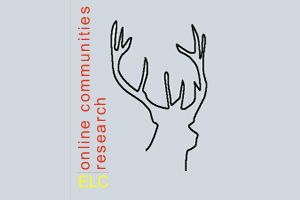With nearly four billion people still lacking access to the internet, efforts to expand internet access are growing rapidly across the world. Cuba remains one of few emerging nations where this access is still affected by historical trade embargoes and restrictions. Since the 2014 announcement of the normalization of relations between Cuba and the U.S., however, internet access in Cuba is increasing. This work is situated during this time of transition to explore the impacts of increasing internet access on individuals and communities living in Havana. "The internet" in Cuba is currently made up of four separate components: slow access at places of work, content sold on USB thumb drives ("El Paquete"), an intranet custom designed by citizens ("StreetNet"), and public wifi hotspots available at exorbitant prices (opened in March 2015). In this work, we seek to understand the particularity of each of these parts, and the bigger whole that emerges during this time of transition. The Cuban context provides for a compelling study on how on how a highly literate population with a history of state-controlled information, and thriving offline practices transitions to deriving meaning out of an online, global, networked infrastructure. Through ethnographic, qualitative research methods, this project aims to develop a ground-up, holistic understanding of the information infrastructures that have evolved in Cuba as a response to individual values and ongoing constraints. These findings will inform the design of technologies that are context-appropriate but also flexible enough for users to modify and appropriate them in meaningful ways.

The concept that people learn best when they are making something personally meaningful - also known as constructionism - is the lab's guiding philosophy. Computer networks have the potential to facilitate community-supported constructionist learning. The Electronic Learning Communities Lab examines ways communities of learners can motivate and support one another's learning experiences.



